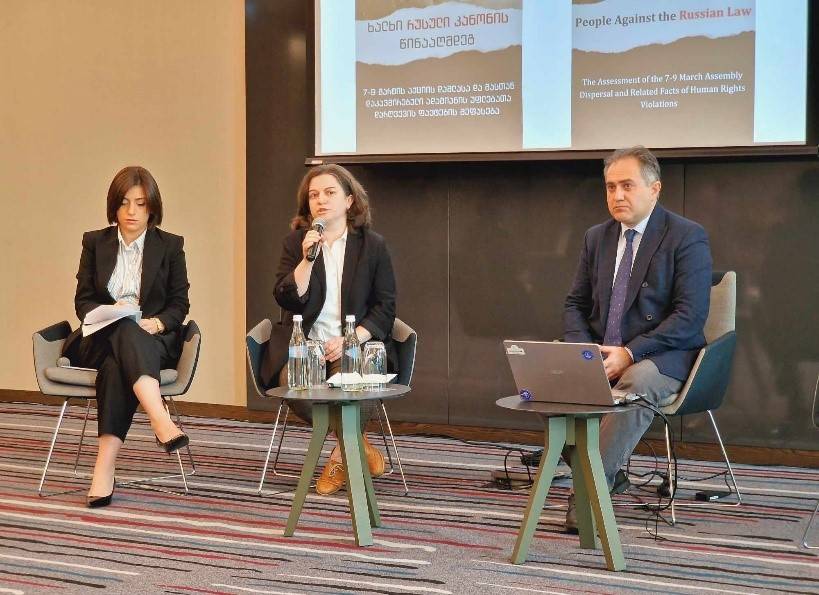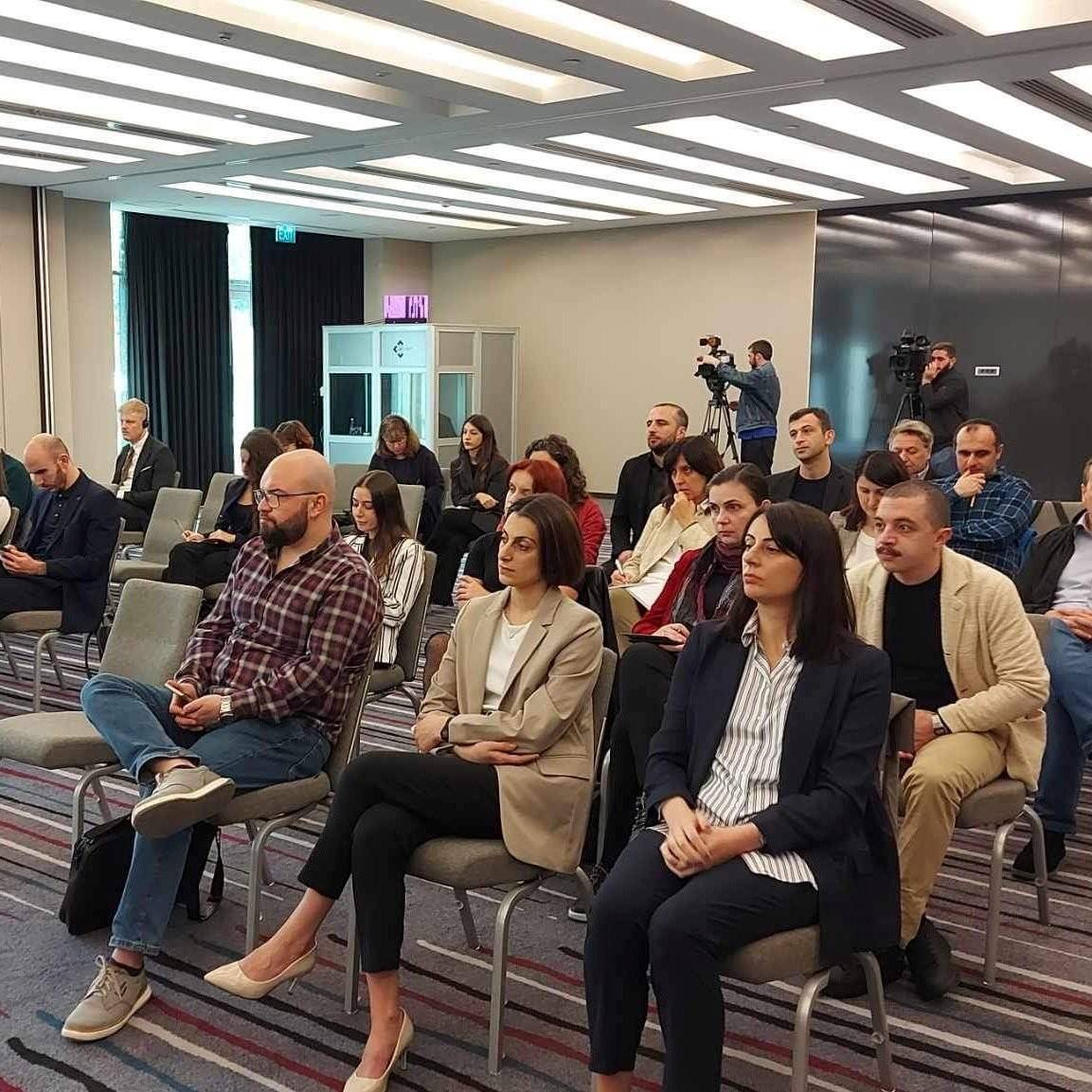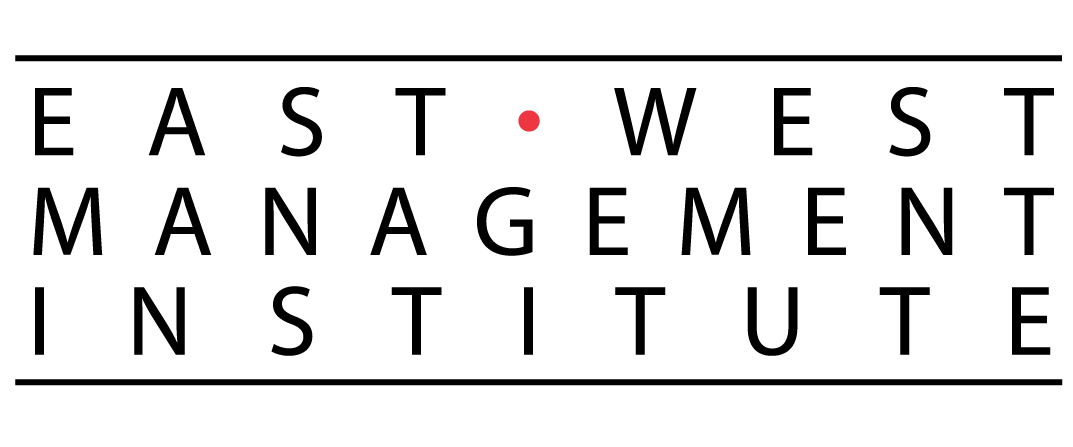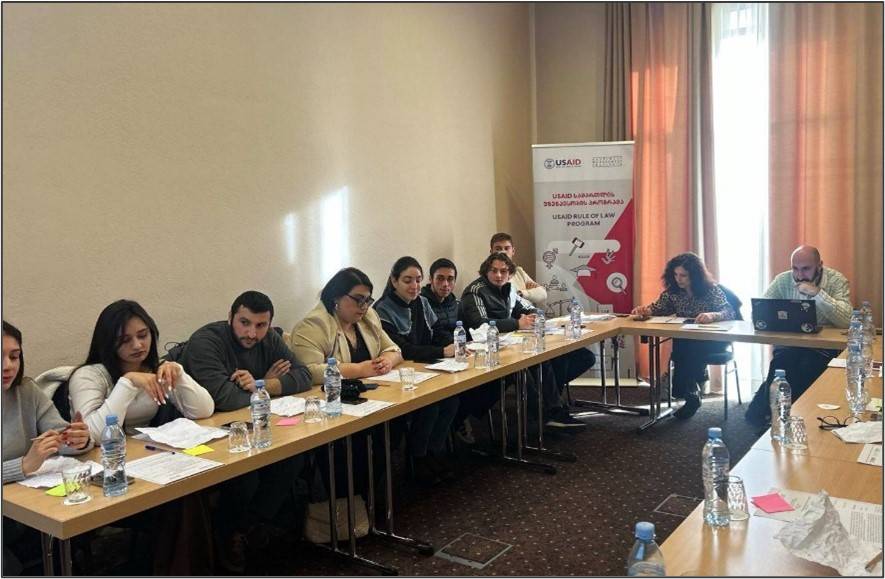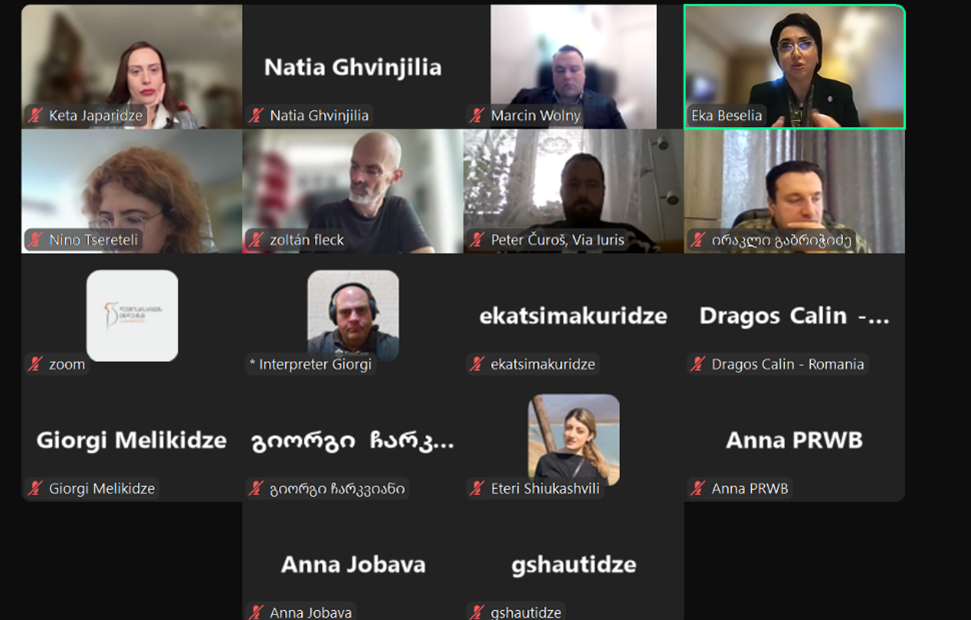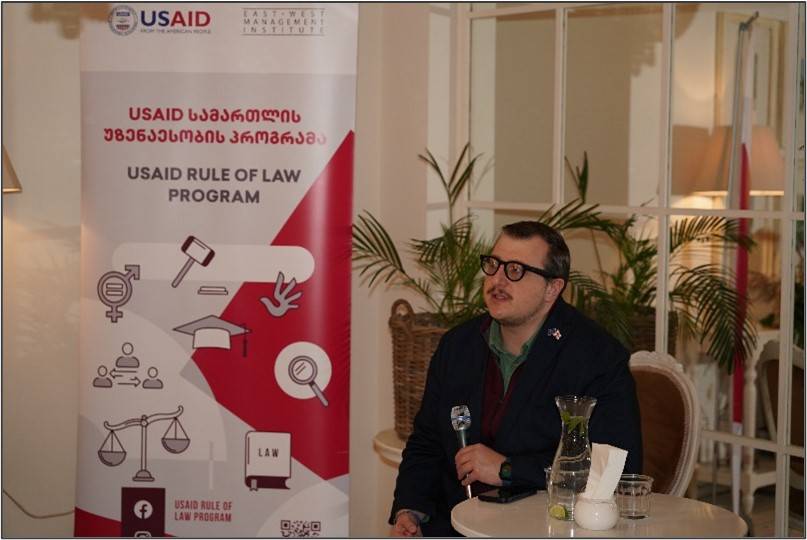GYLA Reports Human Rights Violations During March 2023 Protests
On November 30, 2023, the Georgian Young Lawyers’ Association (GYLA) held an event at which they presented the key findings of their report assessing the government’s dispersal of the March 7-8, 2023 protests against the law restricting operation of nongovernmental organizations (NGOs), sometimes referred to as the “Foreign Agents” bill. The USAID Rule of Law Program supported the GYLA event.
GYLA Chair, Nona Kurdovanidze made opening comments in which she highlighted GYLA’s 29-year experience monitoring the exercise of freedom of assembly and manifestation during civic protests and assessing the observance of constitutional and international treaty commitments by the state. Ms. Kurdovanidze identified the major human rights violations that took place during and after the March protests and the steps GYLA took to protect the rights of the protesters in domestic and international courts.
USAID Rule of Law Program Chief of Party, Giorgi Chkheidze, spoke about the important role civil society organizations play in transforming the Georgian people’s vision of a fair and just society into reality.
According to Giorgi Chkheidze, “The Program provides its support to CSOs engaged in monitoring the performance of justice sector institutions. Furthermore, it collaborates with relevant state institutions to bring about essential changes. GYLA holds the distinction of being one of Georgia's oldest human rights organizations. It has been instrumental in providing legal assistance to citizens, overseeing the operations of state institutions, and advocating for legal reforms.”
GYLA’s report prepared with the USAID Rule of Law Program support analyzed forty-six administrative violation cases, reviewed eighteen semi-structured interviews with victims, lawyers, and a representative of the Public Defender’s Office, analyzed the media monitoring of the protests and poured over information received from state agencies. The report says that “the decisions made by the law enforcement bodies to disperse the rallies on March 7-9, 2023, violated the right to peaceful assembly and manifestation guaranteed by the Constitution of Georgia and international treaties. More specifically, the protestors’ right to assembly and peaceful manifestation was violated several times unproportionally, without a legitimate cause. In several cases, the government did not adequately manage the tensions, did not try to negotiate with the organizers and participants of the rally, to reduce the need for the use of special means. A big majority of the participants of the assembly peacefully exercised the right to assembly and manifestation. The representatives of the law enforcement agencies could have reacted to individual violations without affecting the entire rally. It was possible to address specific incidents individually. There were facts of interference in the professional activities of media representatives.”
The report further concluded that, “The right to assembly and manifestation was excessively suppressed through administrative detentions. The dispersal of the March 7-9 rallies once again demonstrated that the Code of Administrative Violations and related detentions and court practices are used as an instrument for limiting space for civic rights.”
Around twenty-five people, including representatives of local civil society organizations, the Public Defender’s Office, and international organizations attended the event. The report was shared with the Ministry of Internal Affairs prior to the presentation event. The representatives of the Ministry of Internal Affairs, the Special Investigative Service of Georgia, and the Parliament of Georgia representatives were also invited to attend the report presentation.
